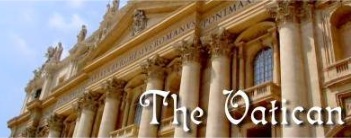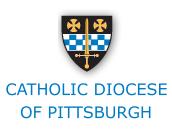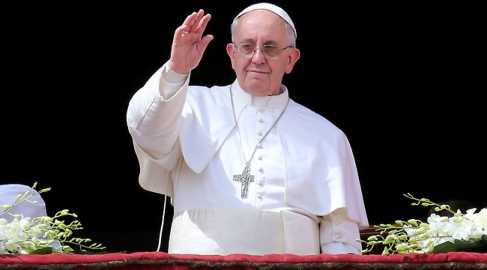
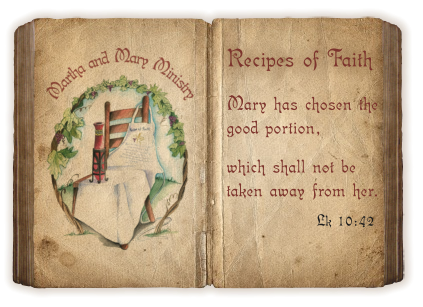
"Open wide the doors for Christ!"

World Communications Day will be Sunday, 20 May, 2012; this message was released on January 24, 2012
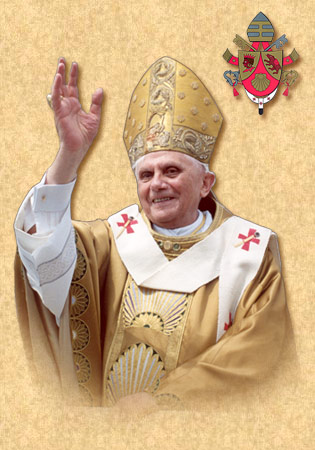 By Pope Benedict XVI
By Pope Benedict XVI
Dear Brothers and Sisters,As we draw near to World Communications Day 2012, I would like to share with you some reflections concerning an aspect of the human process of communication which, despite its importance, is often overlooked and which, at the present time, it would seem especially necessary to recall. It concerns the relationship between silence and word: two aspects of communication which need to be kept in balance, to alternate and to be integrated with one another if authentic dialogue and deep closeness between people are to be achieved.
When word and silence become mutually exclusive, communication breaks down, either because it gives rise to confusion or because, on the contrary, it creates an atmosphere of coldness; when they complement one another, however, communication acquires value and meaning.
Silence is an integral element of communication; in its absence, words rich in content cannot exist.
In silence, we are better able to listen to and understand ourselves; ideas come to birth and acquire depth; we understand with greater clarity what it is we want to say and what we expect from others; and we choose how to express ourselves.
By remaining silent we allow the other person to speak, to express him or herself; and we avoid being tied simply to our own words and ideas without them being adequately tested. In this way, space is created for mutual listening, and deeper human relationships become possible.
It is often in silence, for example, that we observe the most authentic communication taking place between people who are in love: gestures, facial expressions and body language are signs by which they reveal themselves to each other.
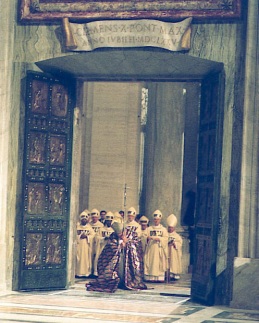 8. In addition to pilgrimage, there is the sign of the holy door, opened for the first time in the Basilica of the Most Holy Saviour at the Lateran during the Jubilee of 1423. It evokes the passage from sin to grace which every Christian is called to accomplish. Jesus said: “I am the door” (Jn 10:7), in order to make it clear that no one can come to the Father except through him. This designation which Jesus applies to himself testifies to the fact that he alone is the Saviour sent by the Father. There is only one way that opens wide the entrance into the life of communion with God: this is Jesus, the one and absolute way to salvation. To him alone can the words of the Psalmist be applied in full truth: “This is the door of the Lord where the just may enter” (Ps 118:20).
8. In addition to pilgrimage, there is the sign of the holy door, opened for the first time in the Basilica of the Most Holy Saviour at the Lateran during the Jubilee of 1423. It evokes the passage from sin to grace which every Christian is called to accomplish. Jesus said: “I am the door” (Jn 10:7), in order to make it clear that no one can come to the Father except through him. This designation which Jesus applies to himself testifies to the fact that he alone is the Saviour sent by the Father. There is only one way that opens wide the entrance into the life of communion with God: this is Jesus, the one and absolute way to salvation. To him alone can the words of the Psalmist be applied in full truth: “This is the door of the Lord where the just may enter” (Ps 118:20).To focus upon the door is to recall the responsibility of every believer to cross its threshold. To pass through that door means to confess that Jesus Christ is Lord; it is to strengthen faith in him in order to live the new life which he has given us. It is a decision which presumes freedom to choose and also the courage to leave something behind, in the knowledge that what is gained is divine life (cf. Mt 13:44-46). It is in this spirit that the Pope will be the first to pass through the holy door on the night between 24 and 25 December 1999. Crossing its threshold, he will show to the Church and to the world the Holy Gospel, the wellspring of life and hope for the coming Third Millennium. Through the holy door, symbolically more spacious at the end of a millennium,(13) Christ will lead us more deeply into the Church, his Body and his Bride. In this way we see how rich in meaning are the words of the Apostle Peter when he writes that, united to Christ, we too are built, like living stones, “into a spiritual house, to be a holy priesthood, to offer spiritual sacrifices acceptable to God” (1 Pt 2:5).
The Mystery of the Incarnation
Bull of Indiction of the Great Jubilee of the Year 2000 John Paul II
But what was it in particular about those individuals that Jesus loved most? Jesus said, “But I am among you as one who serves.” (Lk 22:27). Perhaps it was Martha’s capability to “practice hospitality” (Rom 12:13) - a quality valued by Jesus but from His divine perspective. Martha, known for serving and preparing a meal for her Divine Guest - without the help of her sister – nourished her household. Martha characterized Jesus Who “taking the five loaves and the two fish…” (Mt 14:19-20) fed the multitude.
